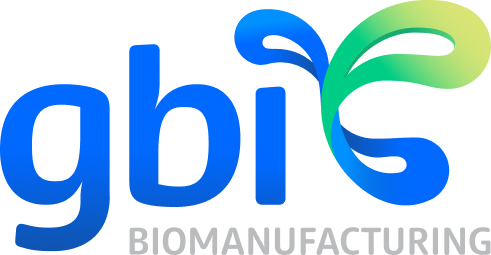Table of Contents
Three Key Takeaways from BIO International 2025
BIO International 2025 in Boston brought together leaders from across the biotech industry, including companies developing antibodies, fusion proteins, vaccines, and other protein-based therapeutics. Representing GBI Bio, I had conversations with early-stage and established companies navigating clinical development and manufacturing. Three consistent themes emerged from the panels and discussions:
1. Early Development Requires Strategic Resource Management
Smaller biotech companies are playing a growing role in driving innovation, but they face resource limitations and operational complexity. One session focused on how early-stage companies can manage fragmented regulatory landscapes, international clinical development, and market entry planning. The consensus was that these companies need partners who provide both executional support and regulatory insight. At this stage, CDMOs are expected to do more than manufacture—they must also help design efficient and scalable development programs that can adapt to future changes.
2. Investors Want Evidence and Execution Plans
A panel of life science venture capitalists explained how they evaluate early-stage companies. Strong preclinical data, IP protection, a capable management team, and a defined strategy for regulatory and clinical development are all critical. Investors are focused on de-risking. They expect companies to demonstrate how their science translates into a viable therapeutic with a path to value creation. For companies preparing to raise capital, aligning development timelines and milestones with investor expectations is key. CDMOs play a role here by helping companies hit technical and regulatory goals that support future fundraising.
3. Supply Chain is Now a Risk Factor
Another session highlighted the growing importance of supply chain quality and transparency. Disruptions in raw material availability, quality issues, and lack of traceability can lead to program delays or regulatory concerns. Best practices include early material qualification, stronger supplier oversight, and better documentation. Case studies showed how proactive planning prevented more significant issues. For GBI Bio, this reinforces the importance of maintaining strong vendor relationships and systems that track material quality and movement throughout a project.
Conclusion
The conference underscored that success in biotech today depends not only on scientific innovation, but also on execution, data quality, and operational readiness. GBI Bio remains focused on supporting emerging biotechs with the technical expertise, quality systems, and collaborative approach needed to advance novel therapeutics through development and toward the clinic.
Contact GBI to learn more about our capabilities and your CMC program!

Nick has a track record of developing partnerships with pharmaceutical and biotechnology executives to support the biologic CMC activities required to support their clinical trials and hit development milestones. With a background as a bench scientist specializing in manufacturing scale-ups, Nick brings a unique skillset that bridges the business and technical communications between GBI’s team and external stakeholders. Nick’s recent experience involved business development roles for Tokyo Chemical Industry and Cytovance Biologics. He has a B.S. in chemistry and an MBA from the University of Massachusetts, Lowell.
